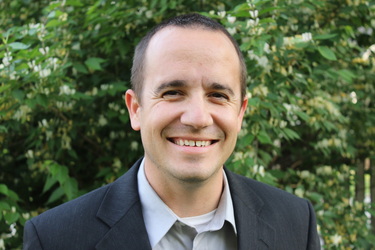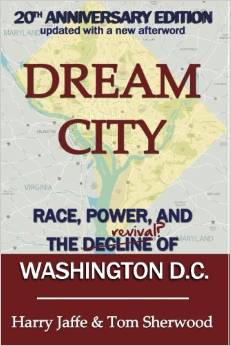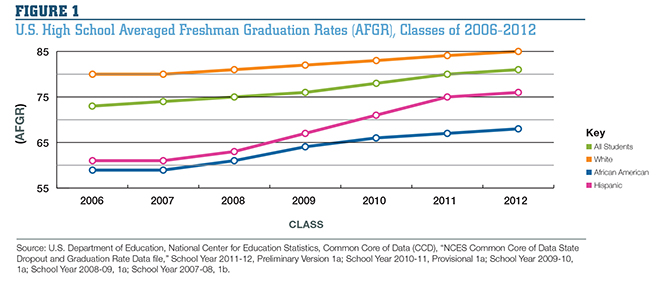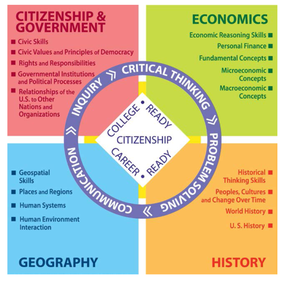 Credit: Matt Fiteny.
Credit: Matt Fiteny. A Houston native, Matt began his career working with populations outside of the mainstream while in college in San Francisco. He has since dedicated his career to helping those without champions. Originally focused on social stratification (the intersection of race, class, gender, and sexuality) and helping the homeless meet basic needs, he eventually became a teacher. After getting his graduate degree at Harvard in educational leadership, Matt moved to DC in 2009 to join the Maya Angelou team and develop the YALC.




 RSS Feed
RSS Feed